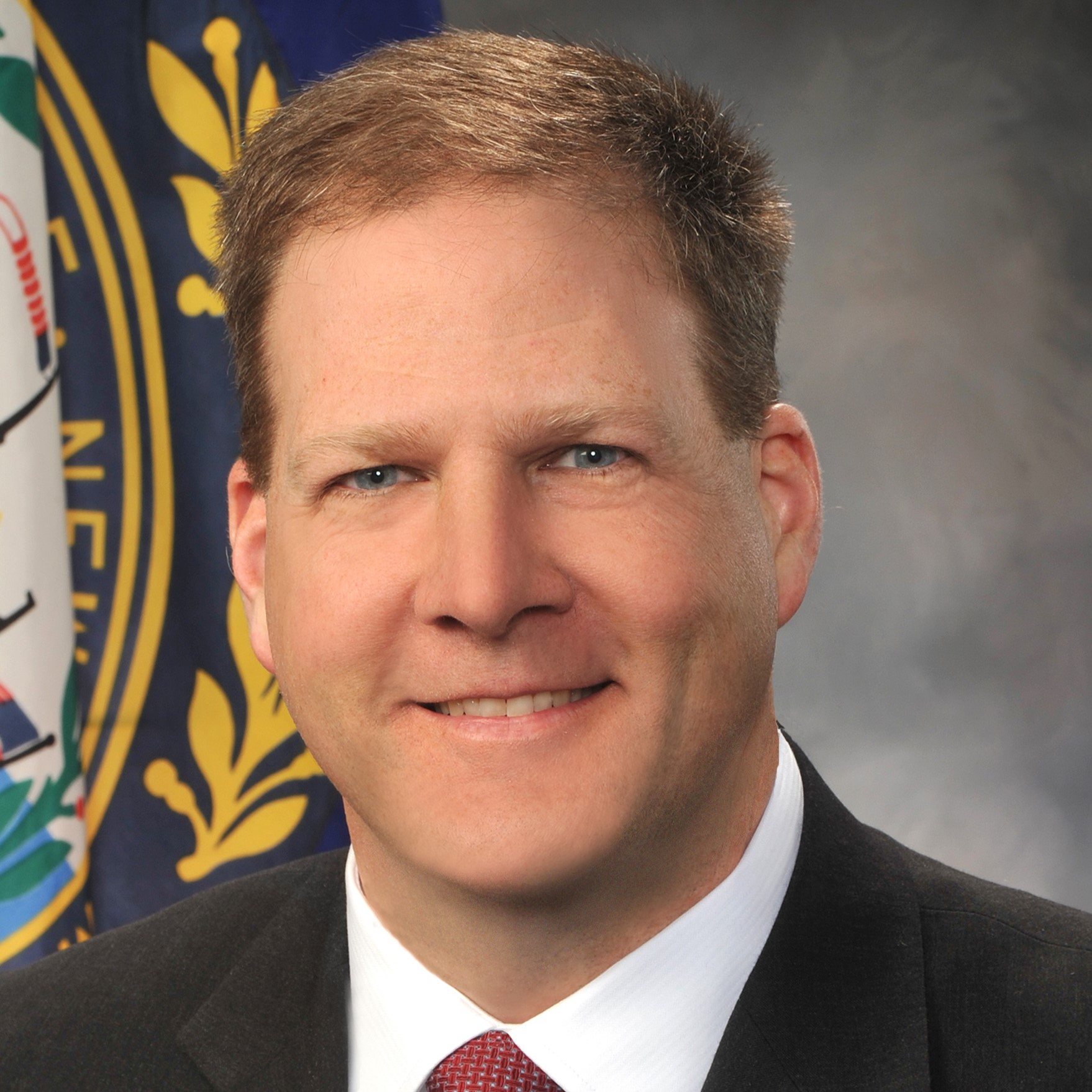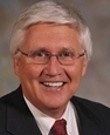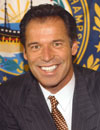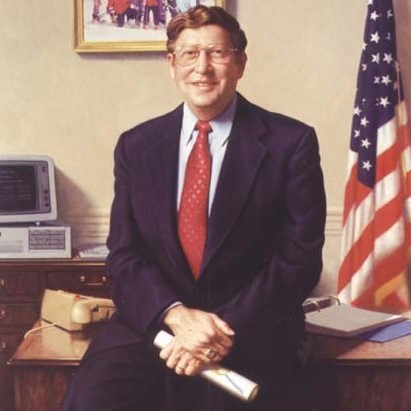New Hampshire
Gov. John Gilbert Winant
-
January 1, 1925 - January 6, 1927
January 1, 1931 - January 3, 1935 - Republican
- February 23, 1889
- November 3, 1947
- New York
- Princeton University
- Married Constance Rivington Russell; three children
- Army
About
JOHN G. WINANT, the sixty-ninth and seventy-second governor of New Hampshire, was born in New York City on February 23, 1889. His education was attained at St. Paul’s School in Concord, and later he attended Princeton University. His teaching career was temporarily interrupted when he enlisted in the American Expeditionary Force during World War I. Winant first entered politics in 1916, serving as a member of the New Hampshire House of Representatives, a position he was reelected to in 1922. He also served as a member of the New Hampshire State Senate from 1921 to 1922. Winant next secured the Republican gubernatorial nomination, and was elected governor by a popular vote in 1924. After losing his 1926 reelection bid, Winant was successful in both his 1930 and 1932 campaigns. During his tenure, the state banking commission was restructured; the state highway system was advanced; and an executive budget plan was initiated. Also, depression related relief measures were enacted; and Winant was the first governor to work together with the National Planning Board, as well as being the first to satisfy the Civilian Conservation Corps enrollment quota. After leaving the governorship, Winant secured an appointment to serve as the assistant director of the International Labor Organization in Geneva, a post he held in 1935 and again from 1937 to 1940. He also headed the newly created Social Security Administration Board; was the U.S. ambassador to Great Britain from 1941 to 1946; and served as the U.S. representative to the United Nations Economic and Social Council in 1946. During World War II, he served on the European Advisory Commission, as well as organizing the 1943 Moscow conference that resulted in the Teheran summit of Allied governments. After writing one volume of his memoirs, Governor John Winant committed suicide. He was buried at St. Paul’s School in Concord, New Hampshire.
Source
New Hampshire Division of Historical Resources
Sobel, Robert, and John Raimo, eds. Biographical Directory of the Governors of the United States, 1789-1978, Vol. 3, Westport, Conn.; Meckler Books, 1978. 4 vols.











